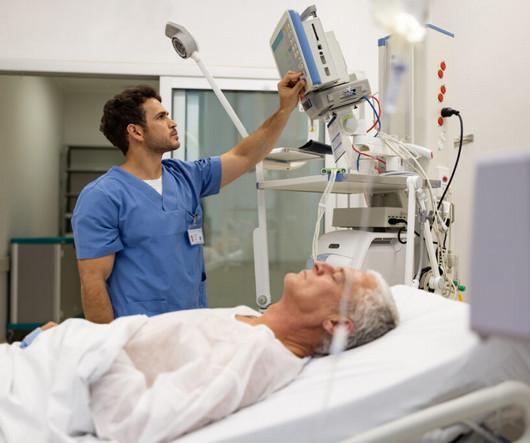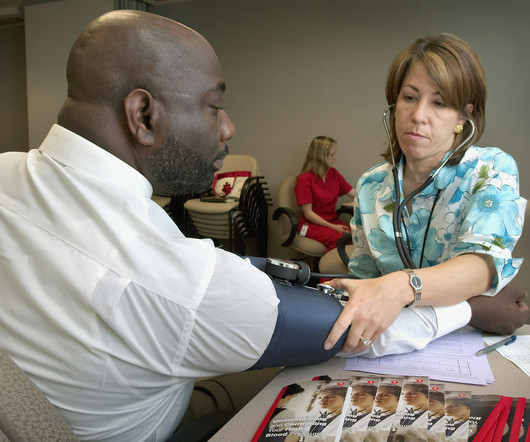Navigating the World of Long-Term Care: A Guide for Nurses
Minority Nurse
MARCH 4, 2024
In the vast and varied landscape of healthcare careers, long-term care is sometimes overlooked. What is Long-term Care? Long-term care (LTC) refers to a range of services to meet a person’s health or personal care needs for an extended period.













Let's personalize your content